10 of the Best Movies About the Olympics

Nowadays, the Olympic Games and the entertainment industry, encompassing film and television, are intrinsically linked. Each sporting event is broadcast live to an audience of billions across the world, illustrating the global reach and impact of these games.
Moreover, as part of the preparations for each iteration of the Olympics, the International Olympic Committee enlists a director known for their expertise from the host country to craft an official cinematic representation of the Games. This tradition began back in 1912 with the aim to showcase the unique culture associated with each version of the Olympics as well as the country hosting them.
Make no mistake: these are not your typical sports documentaries. The Olympic films are remarkable showcases of art, technology, and culture, which have earned such critical acclaim that cineastes' favorite, the Criterion Collection, includes them as the “ 100 Years of Olympic Films ” set to memorialize them.
UNLOCK THE LATEST CASINO BONUSES
Claim the latest casino bonuses at Canada's top casino platforms.
The growing interest in Olympic documentaries has naturally paved the way for narrative films, often blockbusters, which dramatize the extraordinary stories that arise from the Olympic Games. A prime example is Jamaica's first bobsled team's story in “Cool Runnings” from the 1988 Calgary Olympics, along with the inspirational biographical film “Eddie the Eagle” from 2015, which tells the story of Britain’s first ski jumper at the Winter Olympics.
Most recently, in 2023, the Olympics-themed blockbuster “The Boys in the Boat” enjoyed commercial success by depicting, in a straightforward way, the University of Washington’s road to clinching the gold medal at the 1936 Berlin Olympics. These motion pictures alongside others like the celebrated “I, Tonya” and “Munich” reaffirm the rich and motivational ground the Olympics offer for filmmakers.
With so many films revolving around the Olympics available, CasinoBonusCA we delved into how the Olympics have been brought to life on the silver screen, ultimately selecting a collection of 10 films to focus on. Together, they allow us to journey through the storied legacy of the Olympics. Ratings from IMDb users and scores from Metacritic are included to provide a sense of both popular and critical reception.
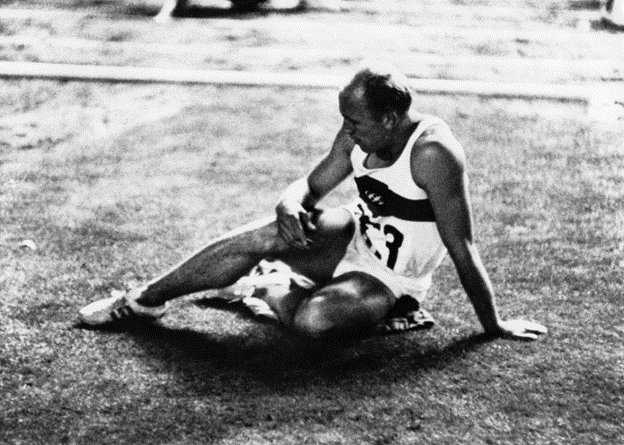
Tokyo Olympiad (1965)
- Director: Kon Ichikawa
- IMDb user rating: 7.8
- Metascore: Data not available
- Run time: 170 minutes
The International Olympic Committee tasked filmmaker Kon Ichikawa to direct “Tokyo Olympiad,” enchanted by his previous widely acclaimed yet mostly fictional works like the 1960 film “Brother” and the 1959 drama “Odd Obsession,” both of which contended for the esteemed Palme d'Or at the Cannes Film Festival.
The 1964 Olympics had profound importance for Japan, as it marked their first opportunity to host since the aborted 1940 games due to the outbreak of the Second Sino-Japanese War. Ichikawa artistically encapsulated both the universal significance of the Olympics and the particular momentousness of the ’64 Tokyo Games for Japan in what turned out to be a nearly poetic capturing of the unfolding sports drama.
Despite the accolades the film receives today, back then the committee requested Ichikawa undertake reshoots to adhere to a more conventional documentary format—yet these changes never came to pass.
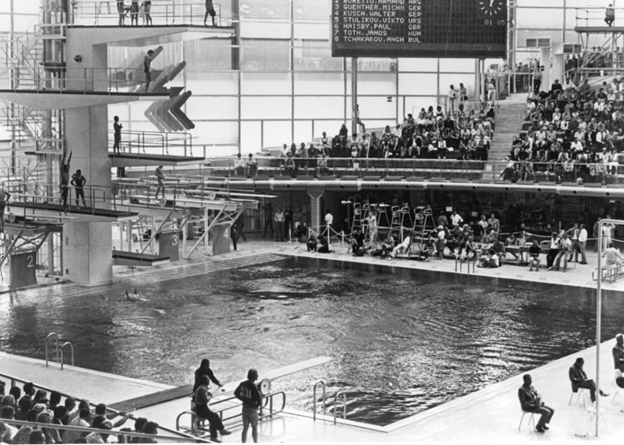
Visions of Eight (1973)
- Film Directors: Milos Forman, Kon Ichikawa, Claude Lelouch, Yuriy Ozerov, Arthur Penn, Michael Pfleghar, John Schlesinger, Mai Zetterling
- IMDb user rating: 6.8
- Metascore: Data not available
- Run time: 110 minutes
Kon Ichikawa, famous for directing “Tokyo Olympiad,” returned to sports documentaries with “Visions of Eight,” this time collaborating with seven other directors, including the acclaimed Milos Forman, known for the iconic “One Flew Over the Cuckoo’s Nest,” among others.
In this compilation film, each director crafted a short piece focused on the 1972 Munich Olympics, enjoying complete freedom over their film's style and choice of subject. The line-up of directors evolved over time—Federico Fellini and Ingmar Bergman were initially invited but ultimately opted out, while the contribution from Senegalese filmmaker Ousmane Sembène was cut from the final version.
The 1972 Munich Olympics were unfortunately overshadowed by the tragic terrorist attack on Israeli athletes within the Olympic Village. Director John Schlesinger’s short film “The Longest” is often regarded as the most powerful segment among the works included in the anthology.
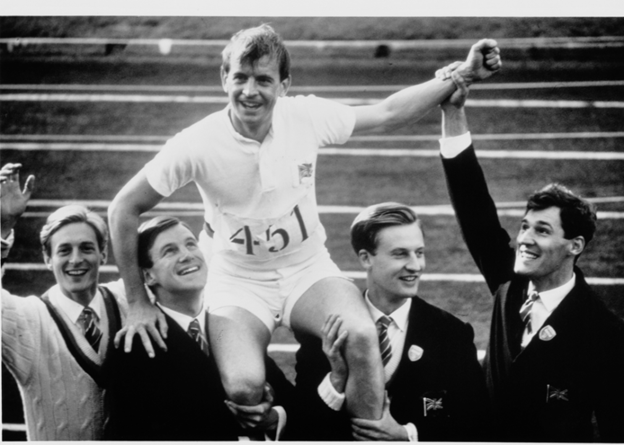
Chariots of Fire (1981)
- Director: Hugh Hudson
- IMDb user rating: 7.1
- Metascore: 78
- Run time: 125 minutes
Almost everyone knows the classic theme from “Chariots of Fire” by the Greek composer Vangelis, whose stirring and evocative score embodies the formidable challenges faced by protagonists Harold (Ben Cross) and Eric (Ian Charleson). Director Hugh Hudson masterfully recounts their journey from youthful competitors to the standout athletes of Britain at the 1924 Paris Olympics, as they navigate religious discrimination and personal hurdles to triumph and secure gold, outpacing the Americans.
Even though this film plays out as a dramatic narrative, it draws from the authentic stories of Harold Abrahams and Eric Liddell. Abrahams, a Jewish man, encountered waves of antisemitism throughout his Olympic quest, while Liddell, a devout child of Scottish missionaries, refused to race on Sundays, aligning with his faith—posing a major issue given that his Olympic event coincided with a Sunday. “Chariots of Fire” marked Hugh Hudson's feature film debut, soon becoming a beacon of the excellence and significance of British cinema.
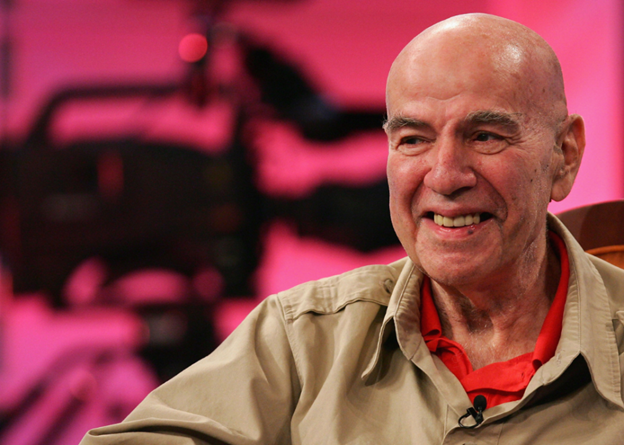
16 Days of Glory (1985)
- Director: Bud Greenspan
- IMDb user rating: 7.7
- Metascore: Data not available
- Run time: 284 minutes
While “Visions of Eight” zeroes in on eight Olympic narratives, “16 Days of Glory” daringly compresses 18 separate stories into a sprawling nearly five-hour documentary. This sports doc, directed by Bud Greenspan, takes the 1984 Los Angeles Summer Olympics as its focus. By the end of his career, Greenspan had been tasked with creating the official Olympics film on 10 separate occasions. This is not even his most ambitious Olympics-related undertaking, having conceived a 22-hour series, “The Olympiad,” in 1976.
True to Greenspan’s signature optimism, “16 Days of Glory” focuses on portraying, in his own words , “100% of our time on the 90% that’s good.” Here, goodness isn't confined to medalists or stars, as Greenspan draws attention to lesser-known individuals and athletes who don't rank in the top three, nevertheless finding beauty in their personal battles.
SPIN THE REELS WITH NO DEPOSIT NEEDED
Take advantage of the latest free spins no deposit offers and play fun slot games.
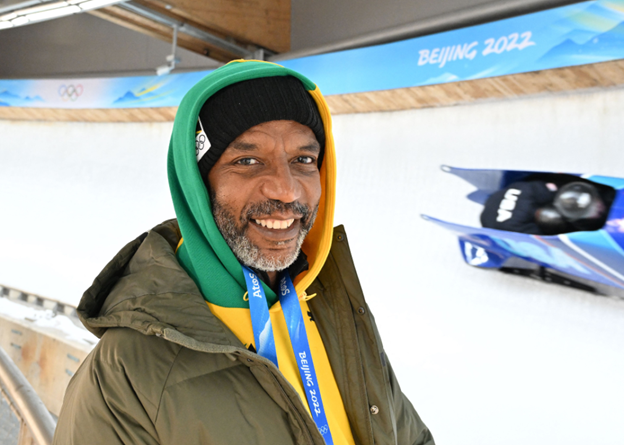
Cool Runnings (1993)
- Director: Jon Turteltaub
- IMDb user rating: 7.0
- Metascore: 60
- Run time: 98 minutes
Disney’s film “Cool Runnings” weaves a humorous yet heartwarming fictional account of the Jamaican bobsled team's unlikely journey to the 1988 Calgary Olympics. With a description of it being critic Roger Ebert as charmingly engaging and carrying a sincere warmth, it remains a cherished story of the underdog's triumph—however, it takes creative licenses, to the extent that foundational member of the Jamaican team, Dudley Stokes, remarked that on a Reddit Ask Me Anything event .
Bobsledding—and by extension, winter sports—certainly breaks with the norm for Jamaica due to the necessity of snow, ice, and cold climates, coupled with the lack of dedicated training venues and absence of Jamaican coaches. The original team members, with their backgrounds in the army, made up for this, yet their Olympic run in '88 ended without success following a crash; still, they endeared themselves to audiences worldwide, fostering positive publicity for Jamaica.
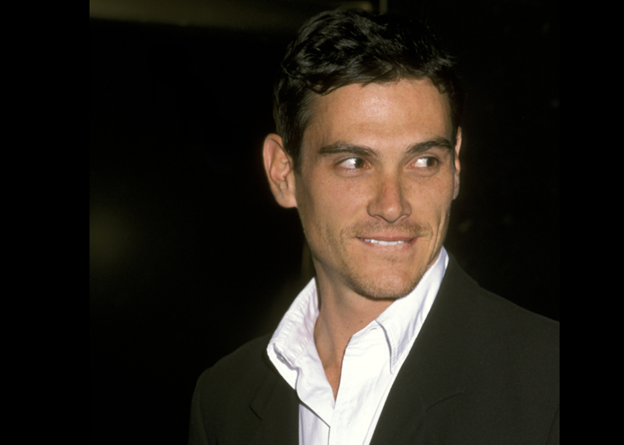
Without Limits (1998)
- Director: Robert Towne
- IMDb user rating: 7.2
- Metascore: 71
- Run time: 117 minutes
Steve Prefontaine, an extraordinary track athlete, never saw defeat during a two-year high school career, set eight collegiate records at the University of Oregon, and eventually competed in the 1972 Munich Olympics. The biographical film “Without Limits” stars a young Billy Crudup as Prefontaine and chronicles the athlete's rapid rise to Olympic fame, co-written and directed by Robert Towne, best known for writing the classic 1974 film “Chinatown.”
“Without Limits” is not the initial biopic about Prefontaine (with “Prefontaine” released in 1997), yet Towne’s film captures both the magnetic vigor and charismatic allure of Prefontaine as well as the 1970s' idealistic view of sports culture in the United States. Prefontaine was not just a competitor but a prominent advocate for the restructuring of the Amateur Athletic Union, which had previously barred track athletes from receiving endorsements or monetary rewards for their achievements—eventually becoming the inaugural athlete at Nike, a historical milestone occurring just one year prior to his tragic death.
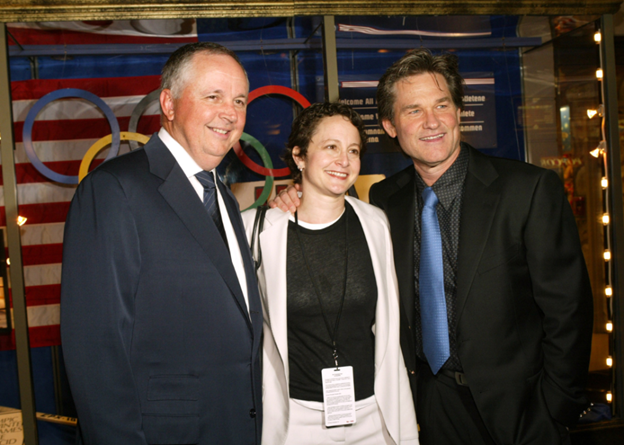
Miracle (2004)
- Director: Gavin O’Connor
- IMDb user rating: 7.4
- Metascore: 68
- Run time: 135 minutes
Similar to “Without Limits,” the 2004 movie “Miracle” is a biographical film with a focus on the Olympics. However, unlike “Without Limits,” “Miracle” takes a unique angle by emphasizing the role of an Olympic coach rather than the athletes. The 1980 Winter Olympics witnessed one of the historic turnarounds in Olympic history, achieved by the U.S. hockey team, who snagged the gold by toppping the Soviets—a team with previous victories in the last four Olympic hockey events. What led to this fledgling team defeating such a formidable opponent?
As depicted in “Miracle,” the driving force behind this success was their coach, Herb Brooks, portrayed by Kurt Russell. Brooks harnessed local talent from Minnesota to build his team and introduced them to a fresh offensive strategy known as the “weave.” Despite being a Disney production, “Miracle” transcends the traditional underdog narrative, offering a compelling exploration of the skills and personalities that solidified the 1980 hockey team as icons of American spirit.
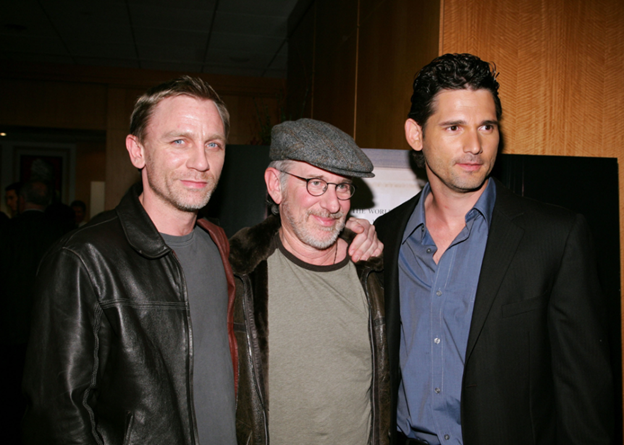
Munich (2005)
- Director: Steven Spielberg
- IMDb user rating: 7.5
- Metascore: 74
- Run time: 164 minutes
Steven Spielberg, famed for his joyful and grandiose films like “Raiders of the Lost Ark” and his recent rendition of “West Side Story,” takes on a somber, introspective subject in his 2005 film “Munich.”
This movie presents a historical portrayal centered on the grim events of the 1972 Munich Olympics—a topic also covered in “Visions of Eight”—when a terrorist act tragically struck Israeli athletes within the Olympic Village. Spielberg's film is an adaptation of the non-fiction book “Vengeance” by George Jonas, which delves into the Israeli team's endeavors to pursue the members of the Palestine Liberation Organization responsible for the attacks.
Although Spielberg's reputation for exceptional filmmaking remains undisputed, “Munich” faced criticism from the public, accused of demonstrating a certain liberal-minded naivety coupled with moral ambiguity as mentioned by Salon. However, film critics offered contrasting opinions, with critic Manohla Dargis describing it in the New York Times describing it as being filled with thrilling entertainment featuring impressive set pieces and precise cinematic techniques.
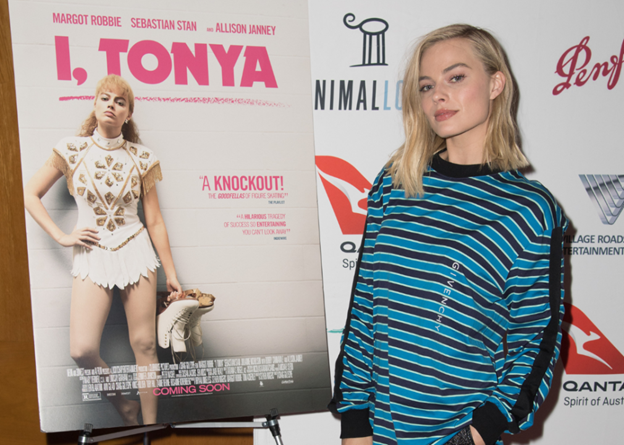
I, Tonya (2017)
- Director: Craig Gillespie
- IMDb user rating: 7.5
- Metascore: 77
- Run time: 119 minutes
We take a closer look at ten films that are not only expertly crafted but also deeply rooted in the rich history of the Olympics. These movies explore tales of unexpected heroes, intense competition, and a hope that transcends the sports arena.
Image: Don Arnold/WireImage via Getty Images
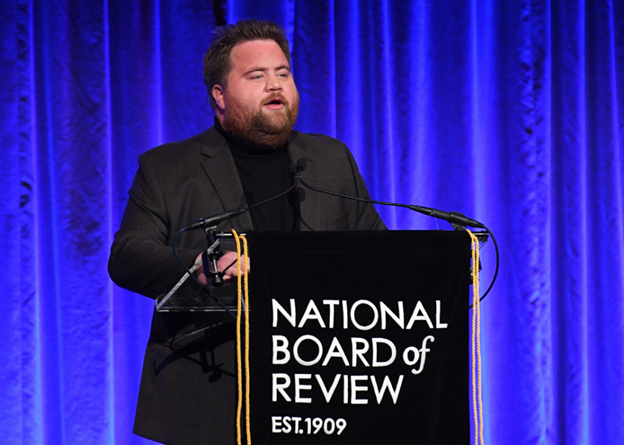
Richard Jewell (2019)
- Director: Clint Eastwood
- IMDb user rating: 7.5
- Metascore: 68
- Run time: 131 minutes
In preparation for each Olympic event,
the selection of a distinguished director from the host nation by the International Olympic Committee is a tradition. This director is tasked with crafting the official Olympic film, a tradition that began in 1912 with the goal of capturing the unique cultural essence of every game and its host nation. However, it's important to understand that these aren't ordinary sports documentaries. The Olympic movies are highly regarded for their artistic, technical, and cultural depth, so much so that they are included in the esteemed Criterion Collection as part of the '